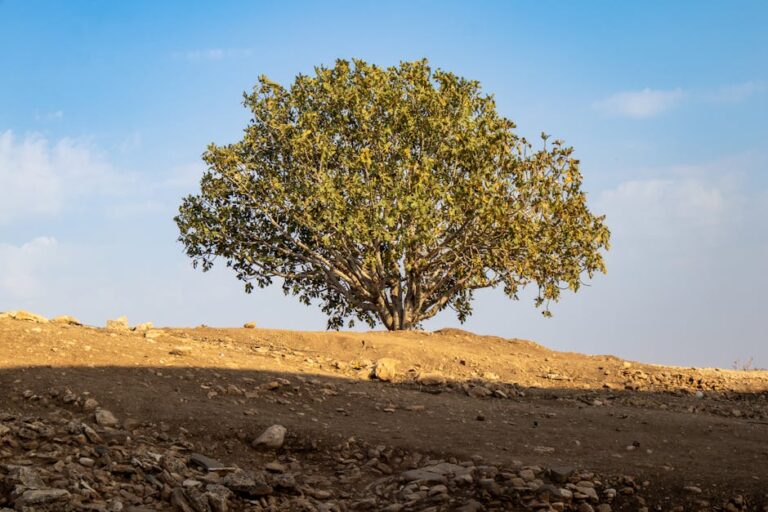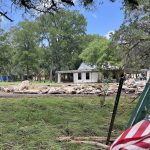Indigenous protesters storm cop30 climate summit, demanding real voice in amazon protection plans

Indigenous activists made their voices heard at Brazil’s COP30 climate summit this week, with over 100 protesters blocking the conference entrance and hundreds more pushing past security to demand meaningful inclusion in decisions about their ancestral lands. Their message was clear: current plans to save the Amazon rainforest are being made without the people who have protected it for generations.
Brazil unveiled its marquee climate initiative at the summit—the Tropical Forests Forever Facility (TFFF)—a $125 billion investment fund designed to pay governments for keeping deforestation rates low. The ambitious plan would reward countries that maintain their tropical forests while allocating 20% of funding to Indigenous and local communities. Alongside this, Brazil joined nine other nations in committing to recognize Indigenous land rights through the Intergovernmental Land Tenure Commitment, backed by $1.8 billion in pledges.
However, Indigenous leaders argue these market-based solutions miss the point entirely. “You cannot put a price on a conserved forest because life cannot be measured, and the Amazon is life for the thousands of beings who inhabit it,” said Toya Manchineri, an Indigenous leader from Brazil’s Amazon region. Critics worry that tying forest protection to financial markets—which fluctuate with economic conditions—creates uncertainty for the communities whose survival depends on these ecosystems.
The protests highlight a fundamental tension in global climate policy: while world leaders acknowledge Indigenous peoples as the Amazon’s most effective guardians, meaningful consultation remains rare. A recent analysis found that only 20 of 85 countries’ climate plans reference Indigenous rights, and just five mention requiring their consent for projects affecting their territories. As one Tupinmbá leader declared during the protests, “We don’t eat money. We want our territory free.”
This article was written by the EnviroLink Editors as a summary of an article from: Grist News







